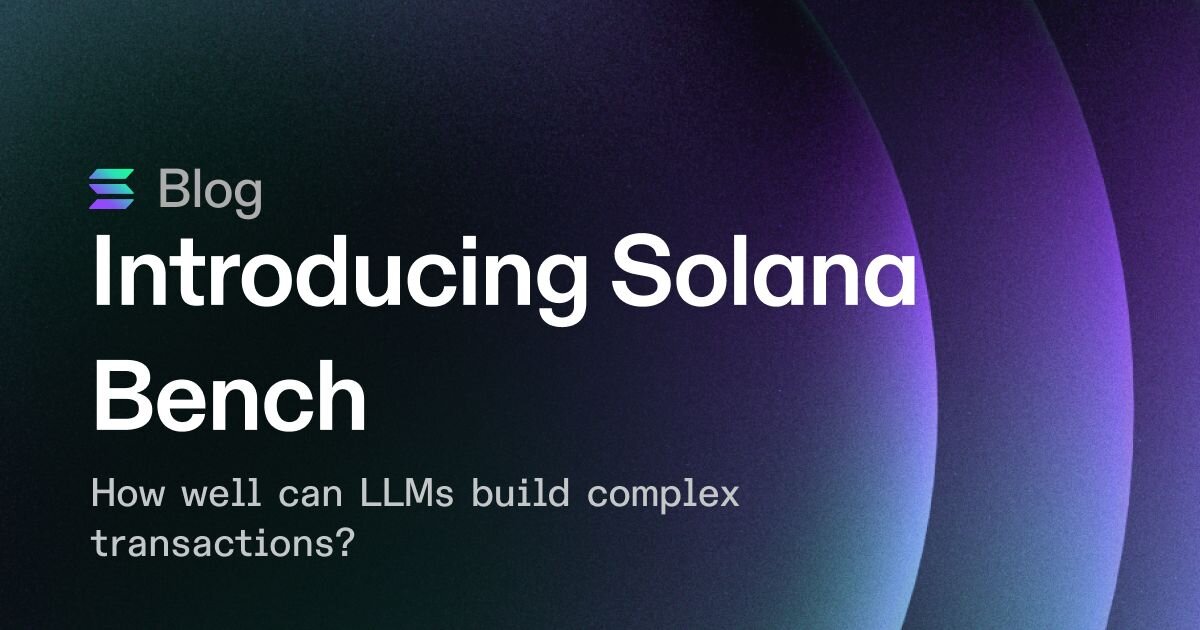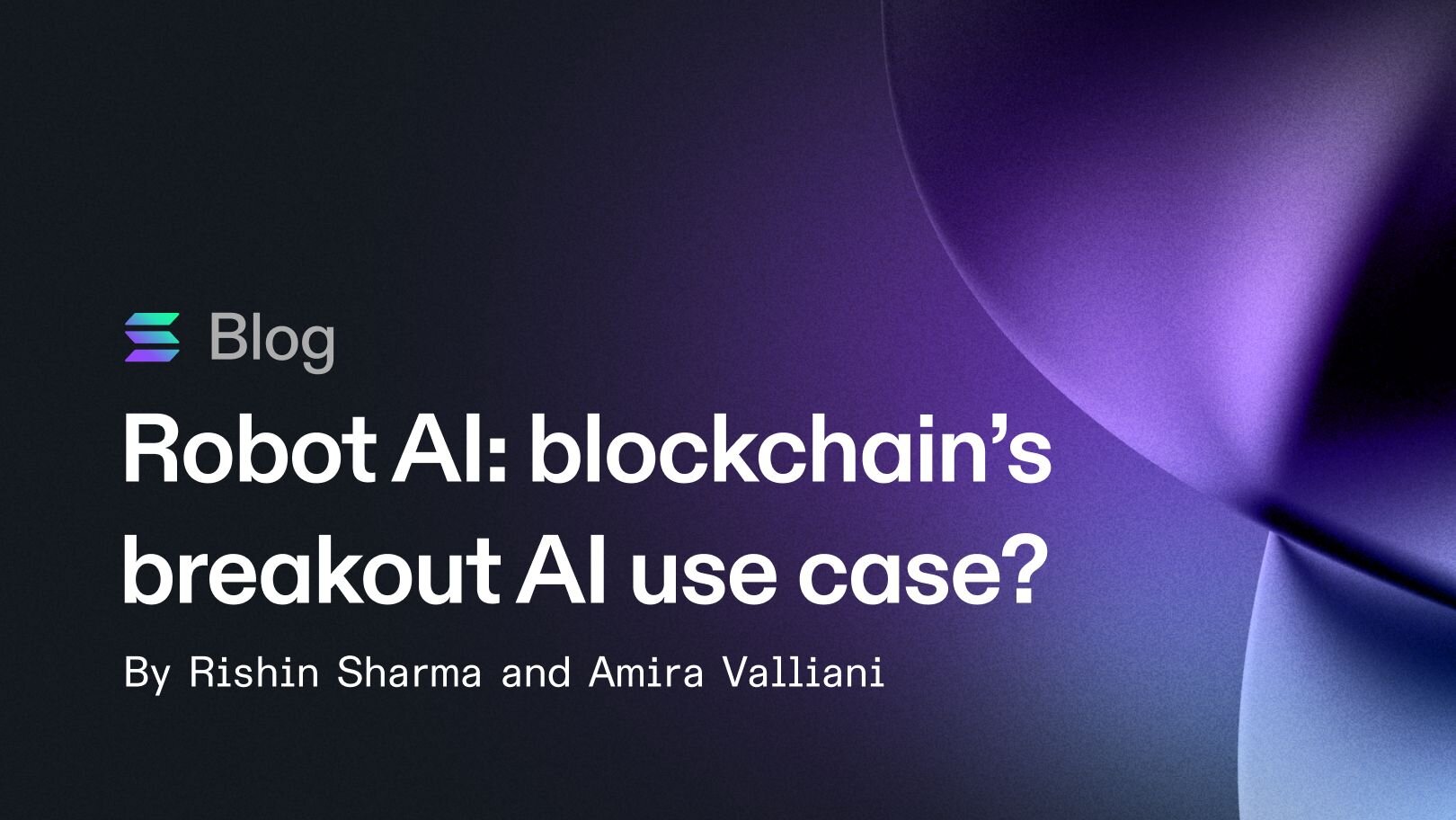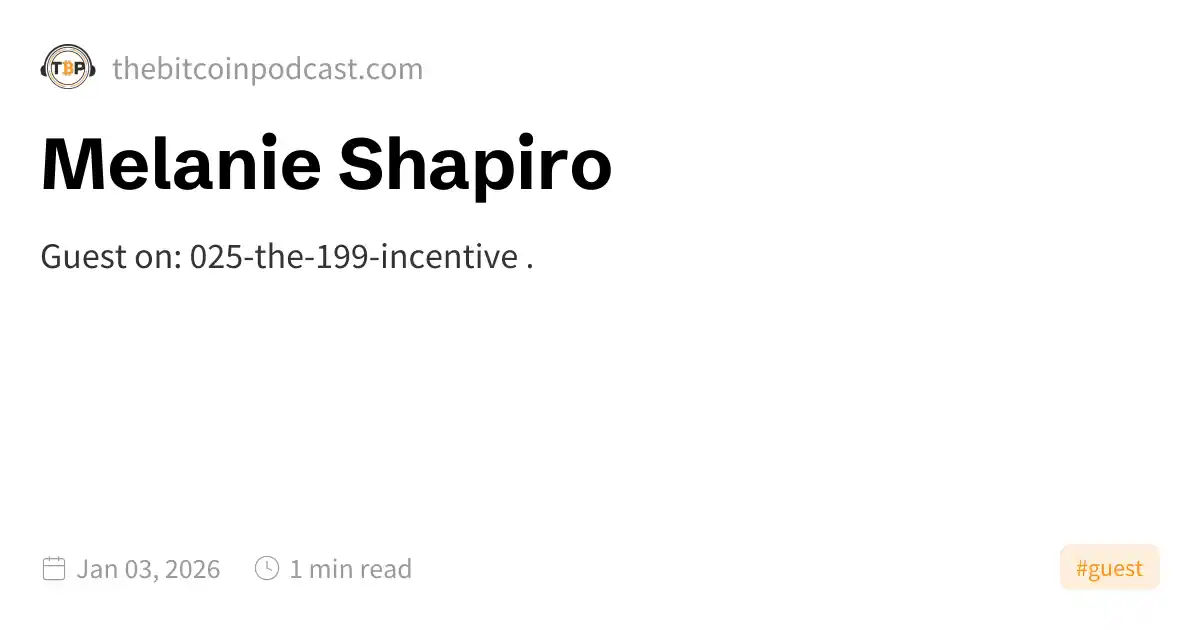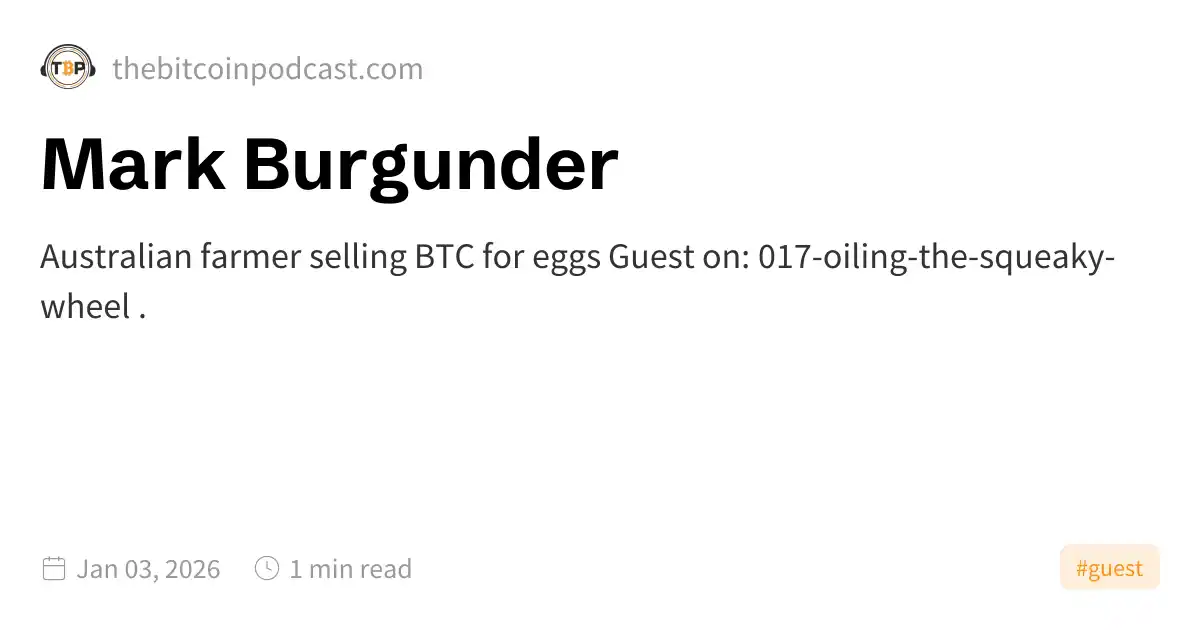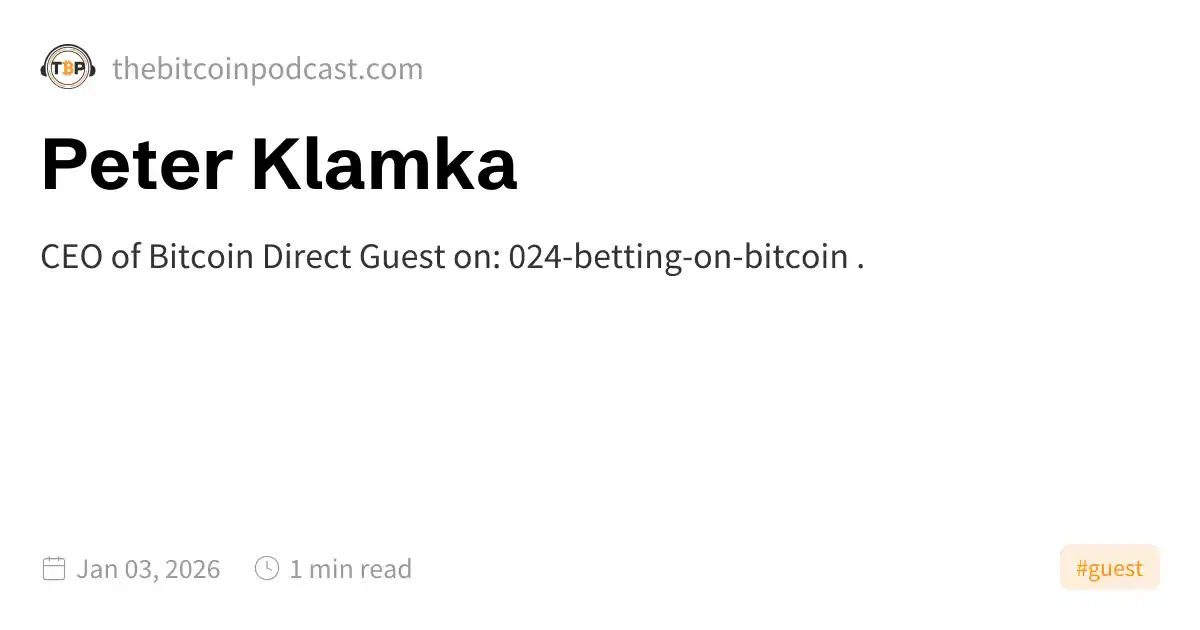Developing with Solana: A Guide for Rust Developers
Differences in Using Rust for Solana Development
Developers familiar with Rust who are looking to get into Solana development have a significant head start. Rust is an officially supported language for writing on-chain programs for Solana. However, there are several key differences in the language’s usage that can be confusing otherwise.
Project Setup
On-chain programs for Solana in Rust are still Rust programs at heart. They still follow the standard Rust project structure with a /src folder and Cargo.toml file in the root. However, there are several key differences to be aware of.
Project Dependencies
To get started, the solana-program crate is required for every on-chain Solana program written with Rust. This crate defines macros for the required program entrypoint, core data types, logging macros, and more.
Program Entrypoint
Instead of a main function, Solana programs use the entrypoint! macro. This symbol is exported and then called by the Solana runtime when the program runs. The entrypoint macro calls a given function, which must have the following type signature:
Development Environments and Frameworks
This article will cover the development environments and frameworks needed to start with Solana.
Restrictions
As with any programming language, there are certain restrictions to be aware of when developing with Rust for Solana. These restrictions will be covered in this article.
Macro Changes
Rust developers will also need to be aware of certain macro changes when working with Solana. These changes will be covered in this article.
Compute Limits
Finally, this article will cover the compute limits that Rust developers need to be aware of when working with Solana.
Conclusion
By the end of this article, Rust developers will understand the differences they need to know to start their Solana journeys. From project setup to restrictions, macro changes, and compute limits, this article will provide a comprehensive guide to developing with Solana.
FAQs
Q: What is the difference between a Solana program and a smart contract?
A: Solana’s version of smart contracts are called programs. Programs are executable code that runs on the Solana blockchain.
Q: What is an account in Solana?
A: An account is a record in the Solana ledger that either holds data (a data account) or is an executable program.
Q: What are the different fees associated with Solana transactions?
A: There are several fees associated with Solana transactions, including the base fee, priority fee, and rent.
Q: What is a transaction in Solana?
A: A transaction is an interaction with the Solana network that contains instructions, signatures, and more.



